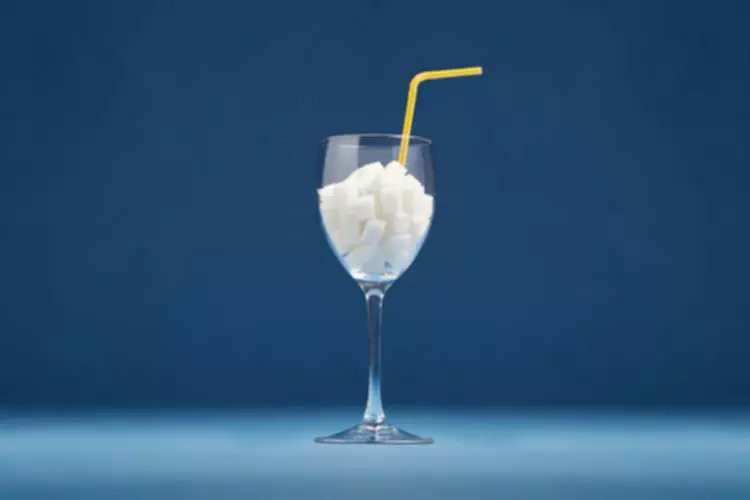Treatment may involve a brief intervention, individual or group counseling, an outpatient program, or a residential inpatient stay. Working to stop alcohol use to improve quality of life is the main treatment goal. Crystal Raypole has previously worked as a writer and editor for GoodTherapy. Her fields of interest include Asian languages and literature, Japanese translation, cooking, natural sciences, sex positivity, and mental health. In particular, she’s committed to helping decrease stigma around mental health issues. Exploring, in writing, what you find difficult and when you most want to drink can help you notice patterns that offer more insight into your alcohol use.
National Institute on Alcohol Abuse and Alcoholism (NIAAA)

Sometimes, no matter what you do to support your partner, their substance use has progressed to the point where they are unable to make rational decisions to cease their substance use. It may be necessary to seek legal assistance to save your loved one’s life. Partners can look into civil commitment laws (e.g. sectioning) within their state, to explore involuntarily sending your partner to treatment.

Prepare to Change
- Teens today experiment with alcohol earlier and more often than ever before.
- It’s important to not enable destructive behaviors and to maintain appropriate boundaries if the person with the alcohol addiction is still drinking.
- Psychiatry – Medical interventions can be crucial in treating Alcohol Use Disorder.
- Milder cases — when people abuse alcohol but aren’t dependent on it — are as well.
Teens today experiment with alcohol earlier and more often than ever before. They’re more likely to binge drink and more vulnerable to developing an alcohol use disorder than adults. This may be because the pleasure center of a teen’s brain matures before their capacity to make sound decisions. Whatever the reason for their drinking, though, abusing alcohol can have lasting health effects for teens and often leads to increased risky behavior, such as driving while impaired or having unprotected sex. Residential treatment or “rehab” facilities provide intensive treatment for alcohol abuse or addiction.
- Alcohol use disorder is what doctors call it when you can’t control how much you drink and have trouble with your emotions when you’re not drinking.
- We invite you to learn more about the specific services, therapies, and support structures they offer within each program.
- Scientists are working to develop a larger menu of pharmaceutical treatments that could be tailored to individual needs.
- But with your ongoing support and love, they can get there.
- Psychological Effects – Even though people usually consume alcohol to avoid feeling bad, it is ultimately a depressant.
- One size does not fit all and a treatment approach that may work for one person may not work for another.
Alcohol Addiction: Signs, Physical & Mental Health Effects & How to Cope During Recovery
It might feel very uncomfortable to set boundaries, especially if this is your first time, but keep in mind you are doing it for yourself! You can’t force someone to quit drinking if they are not ready, but you shouldn’t make excuses for their behavior or enable them either. Establishing boundaries can be done in a kind, direct way and make an alcoholic realize that their drinking habits are affecting other people around them besides themselves.

Coping and support
Instead of criticizing yourself for having a hard time or slipping up and having a drink, remember that no one’s perfect. What matters most is your ability to maintain an open, curious outlook as you learn what does and doesn’t work for you. By avoiding alcohol, you’re taking a big step toward improving physical health. As you struggling with alcohol addiction begin to notice those health benefits, you’ll likely feel more energized and inspired to keep up your progress. Knowing why you drink is essential, says Cyndi Turner, LCSW, LSATP, MAC, a Virginia therapist specializing in addiction treatment and alcohol moderation. Learn more about the health effects of drinking alcohol here.
Alcohol addiction treatment options
What does alcohol do to your brain?
What health complications are associated with alcoholism?
- If you’re concerned about someone who drinks too much, ask a professional experienced in alcohol treatment for advice on how to approach that person.
- Consuming alcohol to cope with stress, deal with difficulties, or to avoid feeling bad, may be a sign that your loved one’s drinking has become a problem.
- So, if you ever find yourself struggling with any of these issues, it’s possible that you are either developing or have already developed an addiction to alcohol.
- You’re likely to start by seeing your primary health care provider.
- As more medications become available, people may be able to try multiple medications to find which they respond to best.

